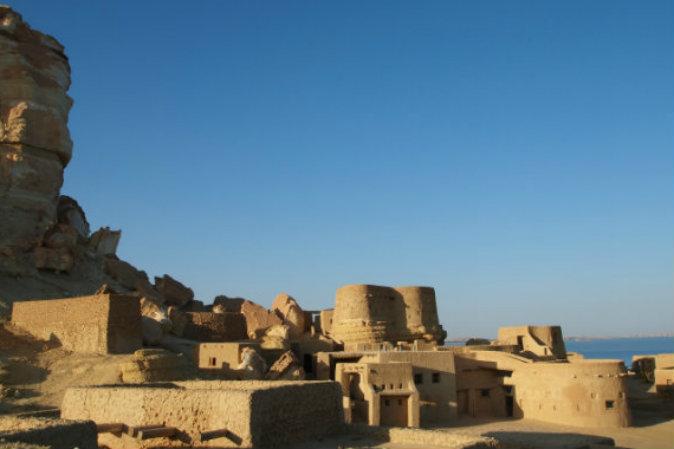Women Can’t Count If They Aren’t Counted
Human development potential is not being fully realized because globally, data is not being collected on women, their needs, and their contributions to society, said Hillary Clinton, the World Bank, and Gallup Consulting at a recent conference on “Closing the Gender Data Gap.”
|Updated:





